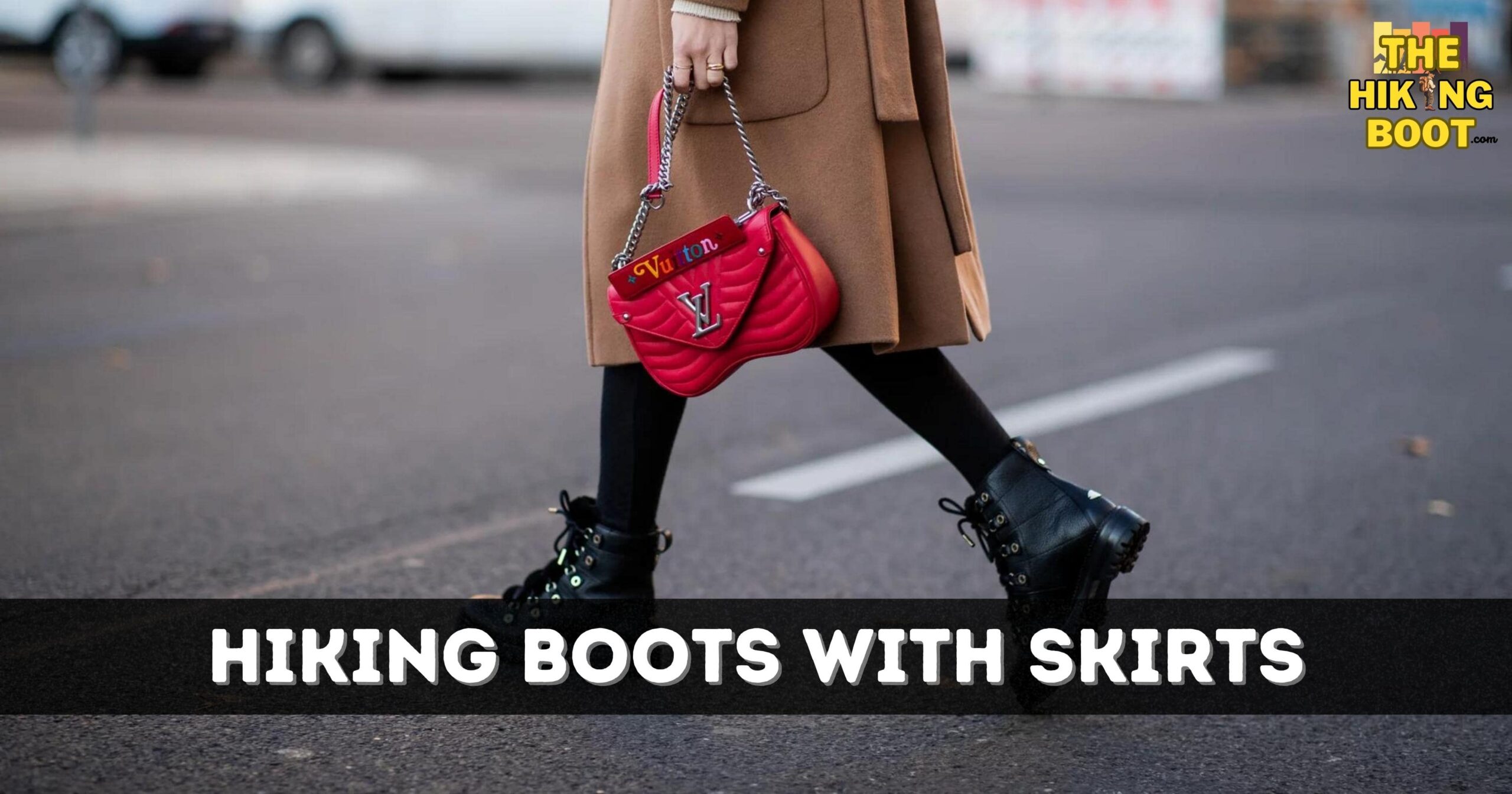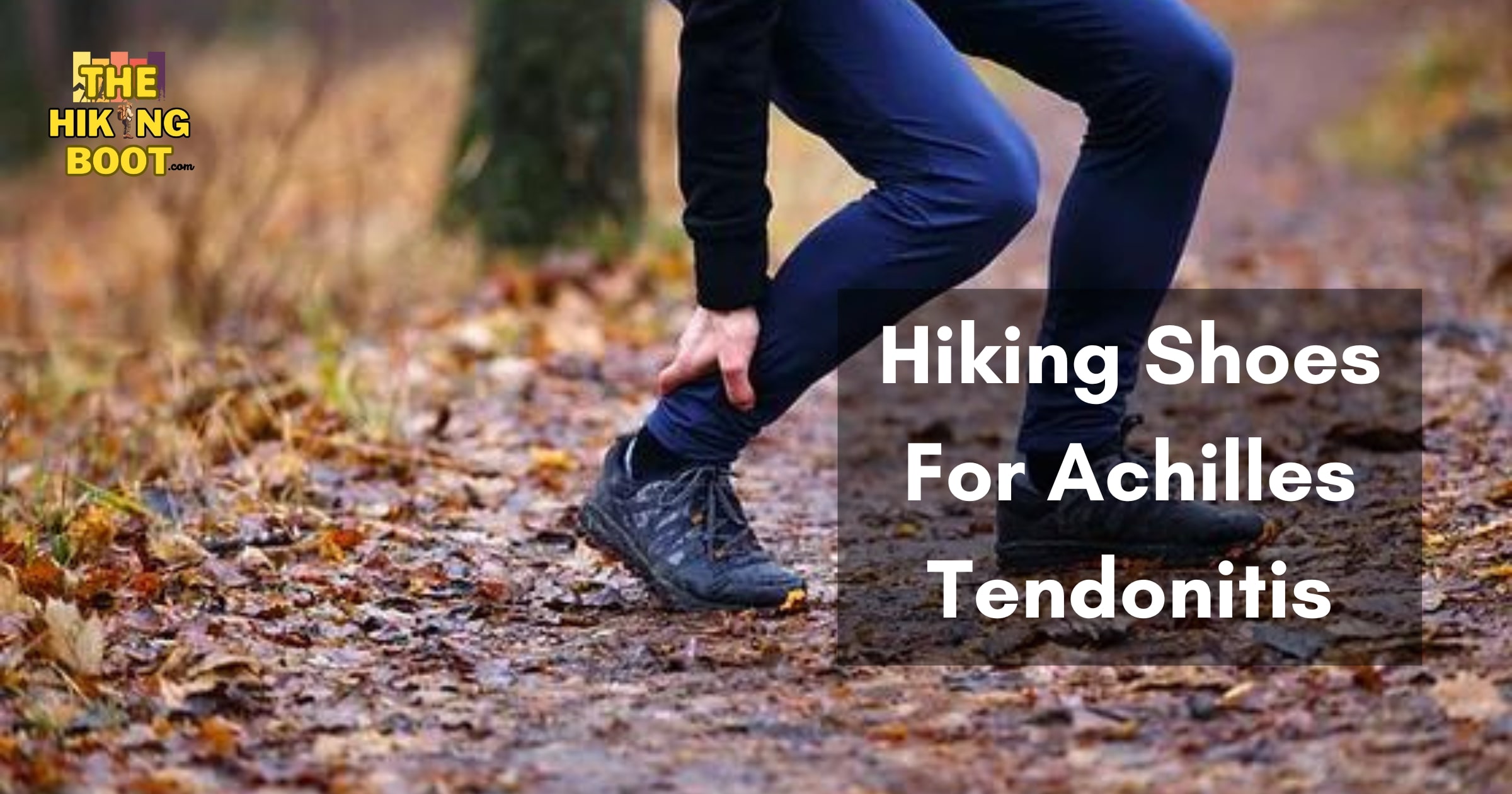When it comes to hiking, having reliable and durable gear is paramount. Among the essential items, hiking shoes play a crucial role in ensuring a comfortable and safe outdoor experience.
But what happens when those trusted hiking shoes find themselves relegated to the back of the closet for an extended period?
In this article, we’ll explore the lifespan of hiking shoes when they’re not in use and provide insights into how you can maximize their longevity.
Understanding Hiking Shoe Materials
Hiking shoes are typically crafted from a combination of materials designed to withstand the rigors of the trail.
Common components include synthetic fabrics, leather, rubber soles, and specialized waterproof membranes.
Each material has its own characteristics and durability, influencing how well the shoes hold up over time.

Factors Influencing Shoe Longevity
Material Quality
High-quality materials tend to resist wear and degradation better than lower-quality counterparts.
Invest in well-constructed hiking shoes to ensure they stand the test of time.
Storage Conditions
Where and how you store your hiking shoes during periods of non-use can significantly impact their lifespan.
Keep them in a cool, dry place, away from direct sunlight and extreme temperatures.
Moisture Control
Moisture can be a silent killer for hiking shoes.
If stored in a damp environment, shoes may develop mold, mildew, or deteriorate faster.
Ensure your shoes are completely dry before stowing them away.
Regular Inspection
Even if you’re not wearing your hiking shoes regularly, it’s crucial to inspect them periodically
. Check for any signs of wear, damage, or deterioration.
Addressing issues early can prevent further damage.
Rotation
If you have multiple pairs of hiking shoes, consider rotating them.
This allows each pair to “rest” between uses, reducing the overall wear and tear.

The Effects of Non-Use
Hiking shoes are designed to be active. However, when left unworn for an extended period, they may face certain challenges
Midsole Compression
The midsole, responsible for cushioning and support, may compress over time, affecting the shoe’s overall comfort and performance.
Glue Integrity
Adhesives used in shoe construction can degrade with time, potentially leading to the separation of sole layers or other structural issues.
Outsole Wear
The outsole, in contact with various surfaces during hiking, may wear down even without active use, especially if the shoes are stored on hard or abrasive surfaces.
Conclusion
While hiking shoes are built to endure the demands of the trail, their longevity can be influenced by various factors during periods of non-use. By understanding these factors and taking proactive measures, such as proper storage and periodic inspections, hikers can extend the lifespan of their beloved hiking companions. Remember, well-maintained hiking shoes not only provide comfort on the trail but also contribute to a safer and more enjoyable outdoor experience.
FAQ’s
How long does it take for shoes to wear off?
The lifespan of shoes depends on various factors, including the frequency of use, the quality of materials, and the type of activity. High-quality athletic shoes may last around 300-500 miles of running, while casual shoes may last longer, up to a few years.
What is the average life of a shoe?
On average, the lifespan of a shoe is approximately 300 to 500 miles for athletic shoes, and for casual or dress shoes, it can range from 1 to 5 years. However, this can vary based on the factors mentioned earlier.
Can shoes last 15 years?
While it’s rare for shoes to remain in pristine condition for 15 years, it’s not impossible, especially if they are high-quality, well-maintained, and not subjected to frequent use. Proper storage, occasional inspections, and avoiding extreme conditions can contribute to a longer lifespan.
Can shoes last for 5 years?
Yes, many shoes can last for 5 years or even longer, depending on the factors mentioned earlier. Regular maintenance, proper storage, and the quality of the shoes can significantly impact their durability.
Do shoes go bad over time?
Yes, shoes can degrade over time, even if not actively worn. Factors such as exposure to sunlight, moisture, and temperature extremes can contribute to the breakdown of materials. Regular inspections and proper storage can help mitigate this degradation.
Do shoes wear out if you don’t wear them?
While shoes won’t wear out as quickly if they’re not worn, they can still experience some deterioration over time. Factors such as the quality of materials, storage conditions, and the type of shoe all play a role in how they age.



